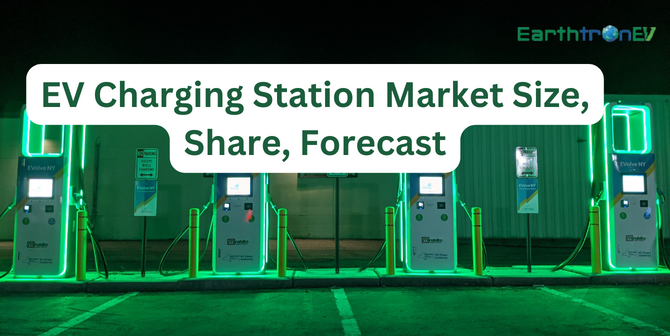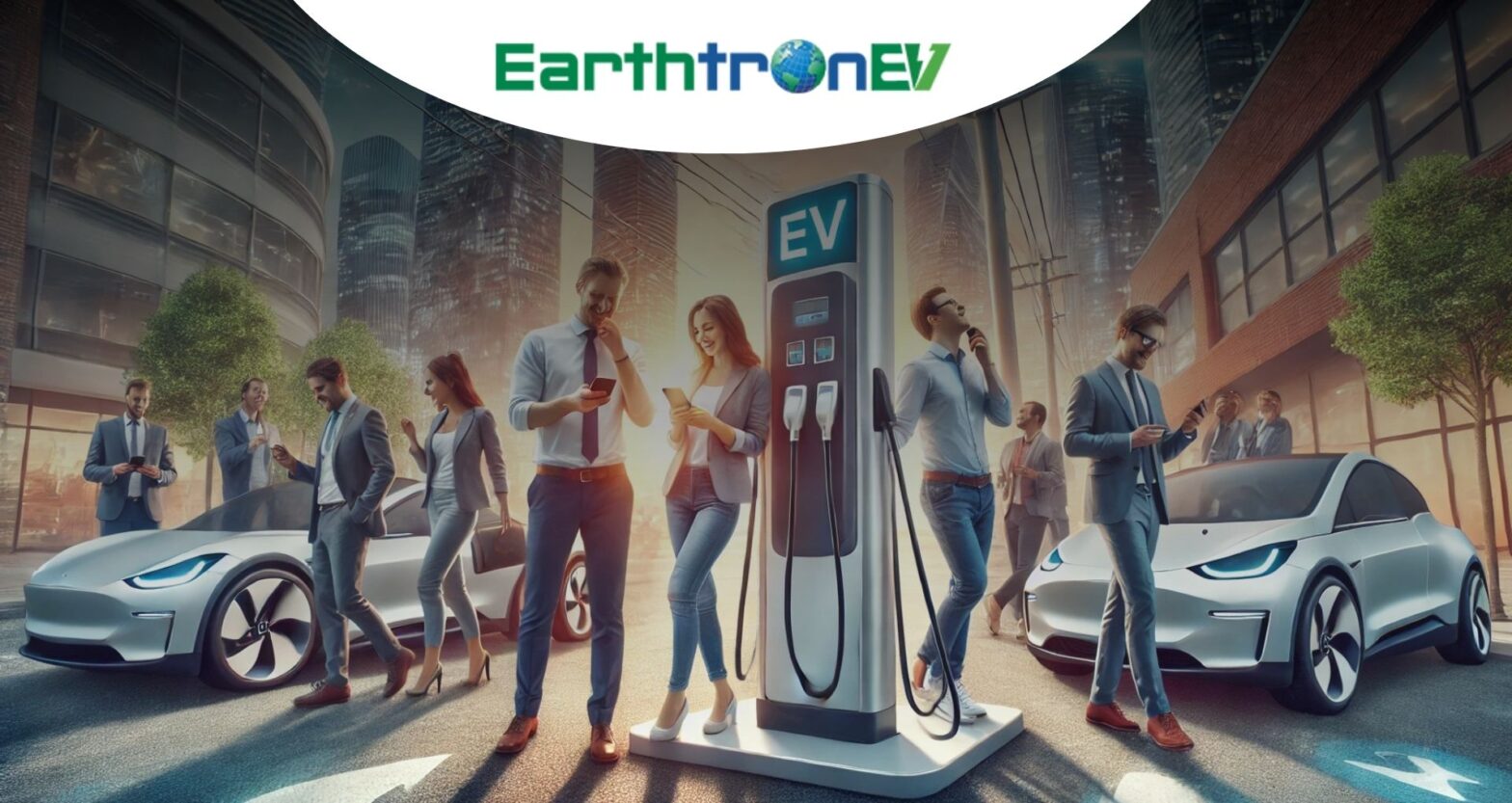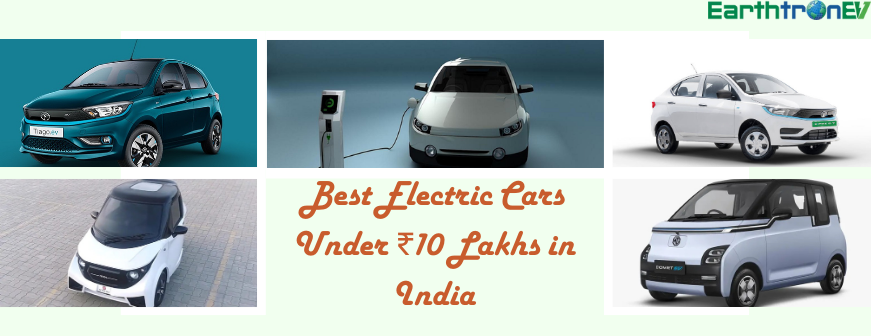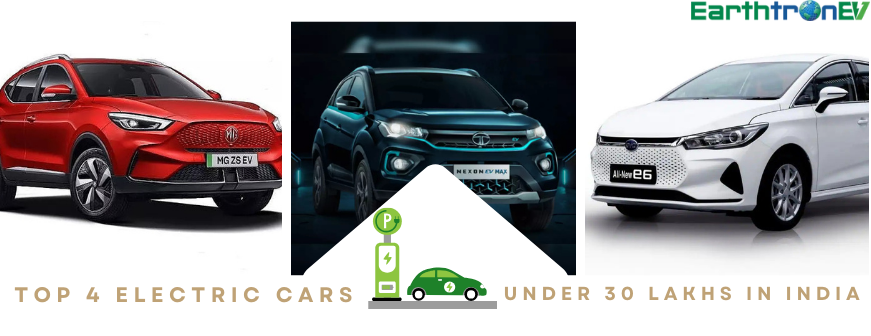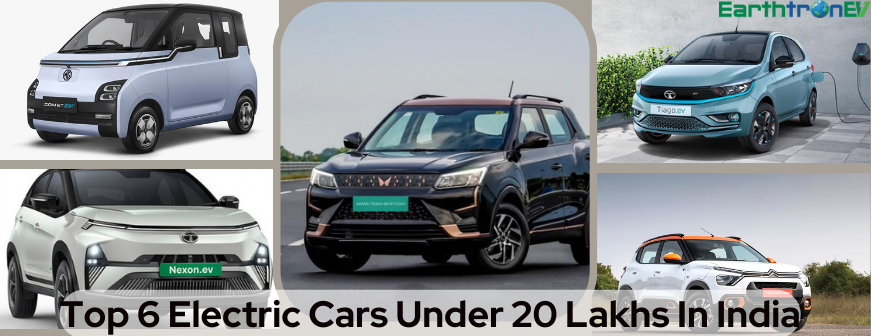The peak in carbon emissions and other hazardous pollutants from gas-powered vehicles has necessitated the revolution of electrification. Electric automobiles have significant benefits, including improving fuel economy, lowering fuel costs, and reducing emissions. Several other boons restrain environmental problems.
However, with the increasing number of electric vehicles, there is a need for electric vehicle charging infrastructure in business and residential settings. Research suggests that the high demand for EVs can be a prime aspect that boosts the aggressive growth of the electric vehicle charging station market. Let’s explore the research, facts, and figures of the market size, share, and forecast of EV charging stations.
Electric Vehicle Charging Station Market Size
According to the report published by Markets and Markets, in 2022, the market size of the EV charging station reached 11.9 billion USD with a Compound Annual Growth Rate (CAGR) of 45.0 percent. The market size is projected to reach 76.0 billion USD by 2027, as reported by Markets and Markets. Allied Market Research found that the market was 16.6 billion USD in 2021, and it is projected to reach around 226.3 billion USD by 2031.
The rising demand for electric vehicles and augmented cooperation among automobile manufacturers for charging infrastructure have contributed to the growth of the EV charging station market. Measures like implanting charging stations in commercial areas and the subscription model are expected to drive market expansion. Overnight charging at residential locations may not be suitable for long-distance trips.
Factors Boosting the Market Size
Several factors play a significant role in boosting the market size of electric vehicle charging stations. Governments and private companies in many countries encourage the switch to electrification, which leads to the fast evolution of charging infrastructures. The growing popularity of Mobility as a Service (MaaS) and companies offering efficient charging facilities also fuel the market growth. Some of the recognized competitors in the market share are Blink Charging Co., General Electric, Allego, Toshiba Corporation, Evatran Group, Wi Tricity Corporation, Schneider Electric, EVgo Services LLC, Chargemaster plc., Leviton Manufacturing Co., Inc., AeroViroment, Inc., ChargePoint, Inc., Mojo Mobility, Inc., ABB Ltd., Robert Bosch GmbH, Qualcomm Technologies, Inc., ClipperCreek, HellaKGaAHueck& Co., Siemens AG, Elix Wireless, Efacec, Infineon Technologies AG, Alfen N.V., Denso Corporation, Tesla Inc., and Engie.
Electric Vehicle Charging Station Market Share with Regional Insights
Asia’s Pacific territories, China and India, are home to several major EV charging stations. The global electric vehicle charging station market has become more competitive due to rapidly changing customer priorities and continuous technological development. Major corporations such as ChargePoint Inc., Volkswagen Group, and BMW AG have made significant plans for the deployment of fast chargers. Mergers and acquisitions are common strategies used by competitors to consolidate market share. India holds the highest record in the market share for electric vehicle charging stations, registering revenue of 26.6 percent in the forecast years.
Recent Evolutions of the EV Charging Station
In 2017, Chargemaster PLC acquired infrastructure supplier Elektromotive Limited, further expanding its electric vehicle charging network. BP PLC acquired Chargemaster PLC in 2018, capitalizing on the high demand for charging infrastructures.
In October 2022, ChargePoint Holdings released the CP6000, a versatile and reliable global AC EV charging solution. Tesla also launched the Wall Connector, a home charging station, in the same month.
In September 2022, Shell released its first electric vehicle charger in India. They aimed to reach mass customers in India’s two-wheeled and four-wheeled vehicle markets by installing over 10,000 charging stations across the country by 2030. The chargers provided by Shell are renewable and eco-friendly.
Challenges Facing the Indian EV Charging Station Market
The Indian electric vehicle (EV) charging station market is expected to grow significantly in the coming years, with the government aiming to have all new vehicles sold be electric by 2030. However, there are a number of challenges that need to be addressed in order for this goal to be achieved.
Firstly, there is a lack of infrastructure for EV charging stations. In order to get more people to use EVs, there needs to be a sufficient number of charging points available.
Secondly, the cost of EVs remains high, which deters many consumers from making the switch from traditional petrol or diesel vehicles. The cost of batteries and other components needs to come down in order for EVs to become more affordable.
Thirdly, range anxiety is still a major concern for many potential EV buyers. Electric cars typically have shorter ranges than their petrol or diesel counterparts, meaning that drivers need to be sure that they will be able to reach their destination before starting out on a journey. This can be addressed through improved battery technology and the development of fast-charging infrastructure.
Fourthly, there is a lack of awareness about EVs and how they work. Many consumers are still not familiar with EVs and how they differ from traditional petrol or diesel cars. Education and awareness-raising campaigns are needed in order for more people to consider making the switch to an EV.
Key Players in India’s EV Charging Station Market
The electric vehicle (EV) charging station market in India is expected to grow at a compound annual growth rate (CAGR) of over 60% during the forecast period of 2020-2025, according to a report by market research firm 6Wresearch. The report states that the major driving factors for the growth of EV charging stations in India are the government’s push towards electric vehicles, increasing environmental concerns, and the need for a sustainable mode of transportation.
Some of the key players in India’s EV charging station market include ABB India Limited, Delta Electronics India Pvt. Ltd., Eaton Corporation Plc, Hindustan Petroleum Corporation Limited (HPCL), and Tata Power Company Limited. These companies have been actively involved in setting up EV charging infrastructure across the country. For instance, ABB has installed over 1,000 fast-charging stations in India, while HPCL has set up 100+ charging points at its petrol pumps.
Government Policy Supporting the Development of EV Charging Stations in India
The Indian government has been supportive of the development of electric vehicle (EV) charging infrastructure in the country. In line with its goal to have every new vehicle sold in India be electric by 2030, the government has released several policy documents and initiatives supporting the development of EV charging stations.
One such initiative is the FAME India Scheme, which was launched in 2015. The scheme provides subsidies for EV purchases, as well as for the setting up of charging infrastructure or acquiring an EV charging station franchise. It also supports R&D projects related to EVs and battery technology. Under the scheme, the central government provides financial support of up to Rs. 1.5 million (US$21,600) per charger installed.
In March 2019, the government released its National Electric Mobility Mission Plan 2020 (NEMMP 2020), which outlines a roadmap for promoting EVs in India. The plan includes targets for EV sales, as well as for charging infrastructure deployment. It also identifies various policy measures and incentives that will be implemented to achieve these targets.
The NEMMP 2020 target for EV charging infrastructure is to have 2,700 public chargers and 740 private chargers installed by March 2022. This will be increased to 10,000 public chargers and 1 million private chargers by March 2025. To meet this target, various state governments have been rolling out plans for setting up public charging infrastructure. For example, Maharashtra has announced a plan to install 1,000 EV chargers across the state by December
Conclusion
Despite the drawbacks and limitations of charging facilities worldwide, every nation is pushing for the growth of charging stations. A vast network of charging infrastructures is expanding globally, making it easier for customers to find chargers and boosting the market growth. Despite the economic downturn caused by the COVID-19 pandemic, the EV charging stations market is expected to rise significantly. The article has provided all the facts and figures related to charging station size and shares based on current and future forecasts.
